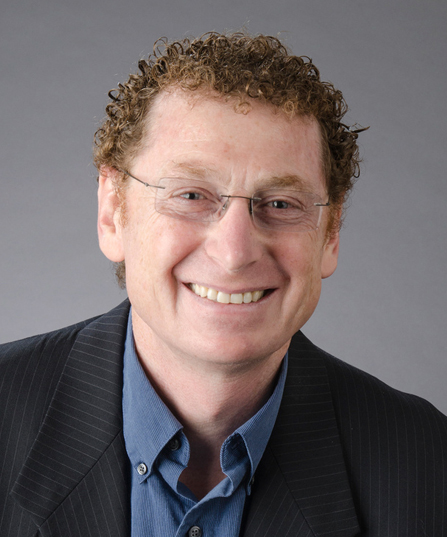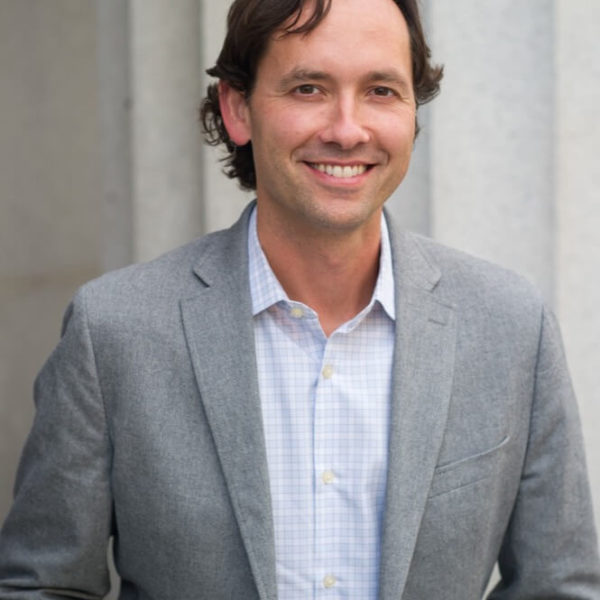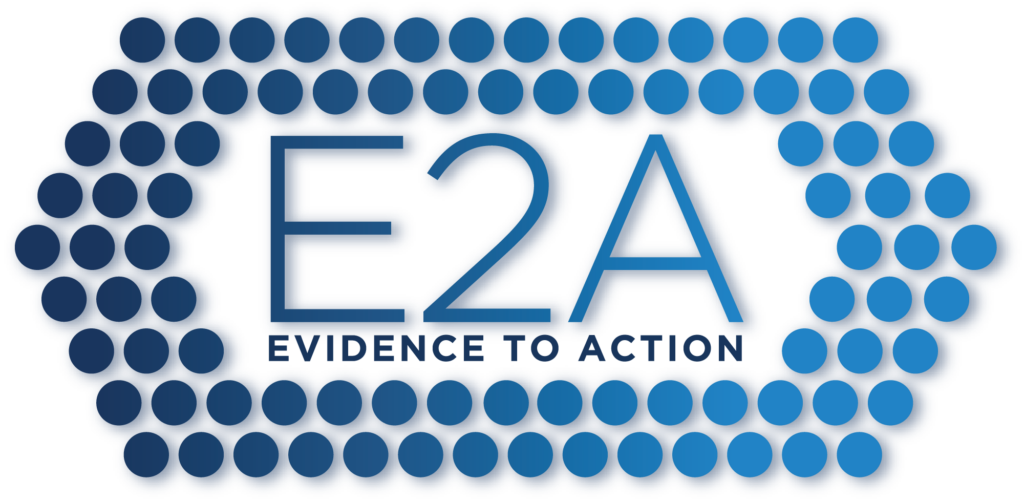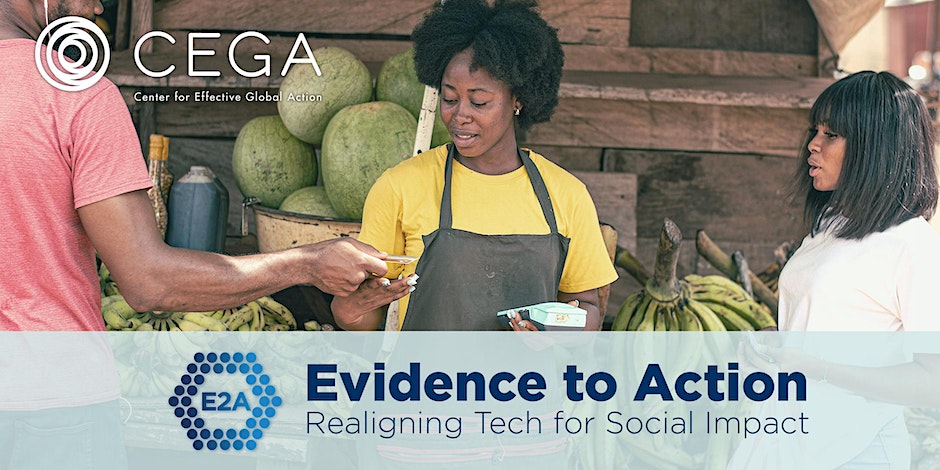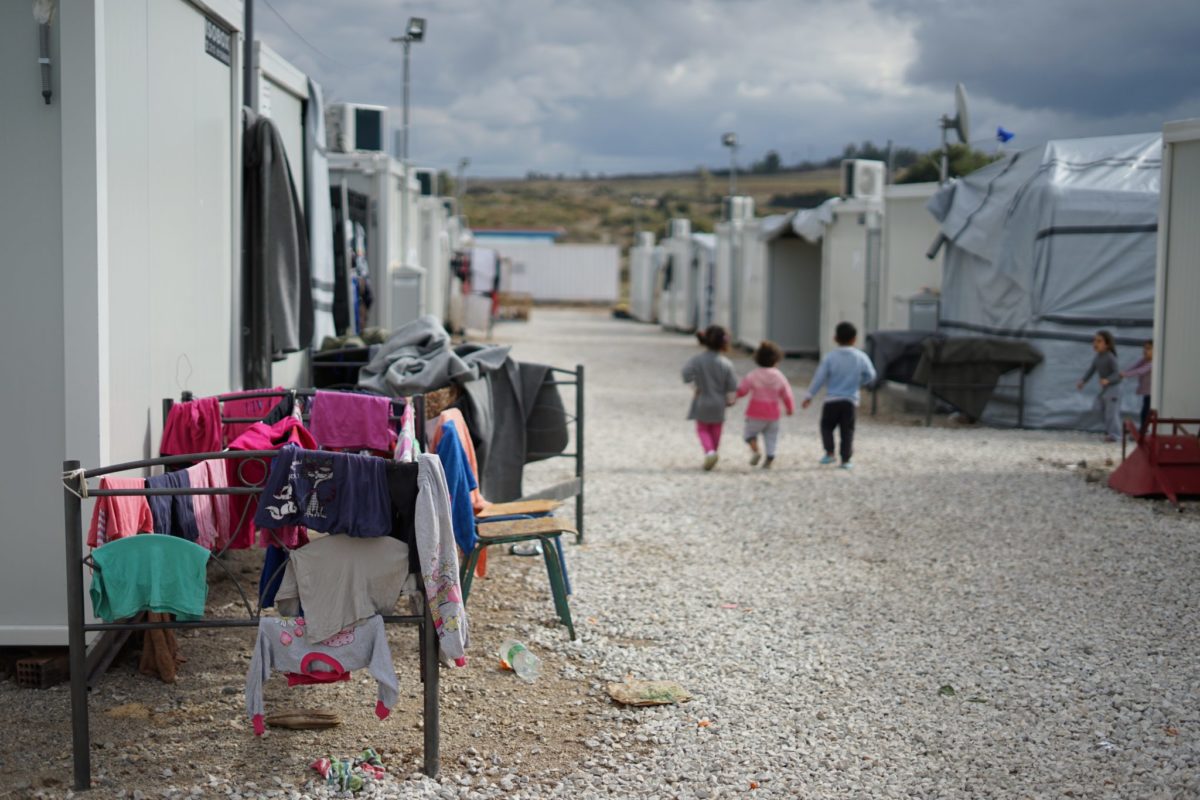Evidence to Action 2012: The Road from Conflict to Recovery
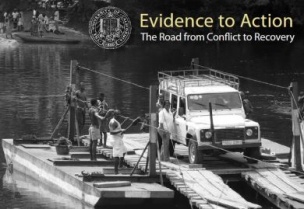
CEGA’s 3rd annual symposium, “Evidence to Action: The Road from Conflict to Recovery,” brought together academics and policymakers to discuss strategies for promoting recovery in fragile states and conflict-affected communities.
https://www.flickr.com/photos/59053315@N06/sets/72157629935546595/
Program
Opening Remarks (link to presentation)
George Breslauer (Executive Vice Chancellor and Provost,UC Berkeley) opens with an overview on recent conflicts and instability in the world, discussing how the first steps in a country’s recovery from conflict are critical not just for local stability, but for global security as well. Temina Madon (Executive Director, CEGA) spoke about the importance of conducting research on approaches to recovery in conflict-torn states. She highlighted the disproportionate (and enormous) economic burden of political violence in Sub-Saharan Africa, South and Southeast Asia, the power of collecting rigorous data to influence policy in these regions, and the inherent challenges of doing so.
The Human and Economic Consequences of Kenya’s 2007 Post-Election Violence (link to presentation)
Pascaline Dupas (Stanford) discussed her study to document the impacts of the 2007 presidential election crisis in Kenya, which resulted in over 1,200 deaths and 500,000 displaced individuals. In addition to lost income suffered by market vendors and shopkeepers, informal sex workers engaged in riskier sexual behavior, suggesting similar outcomes (and subsequent increases in the rates of sexually transmitted infections) in other contexts. To learn more, see The (Hidden) Costs of Political Instability: Evidence from Kenya’s 2007 Election Crisis.
Studying Conflict: Iraq and Afghanistan (link to presentation)
Eli Berman (UC San Diego) and Joseph Felter (Stanford, US Army Special Forces) discussed how their empirical work to understand the impact of civilian casualties on subsequent violence in Iraq and Afghanistan influenced a major revision of Commanders Emergency Response Program (CERP) policy. To learn more, see Can Hearts and Minds be Bought? The Economics of Counterinsurgency in Iraq and Do Working Men Rebel? Insurgency and Unemployment in Afghanistan, Iraq, and the Philippines.
Community Driven Development in Sierra Leone (link to presentation)
Edward Miguel (UC Berkeley) and Katherine Casey (Stanford) discussed the challenges of community driven development in post-war settings. They presented results from their GoBifo study in Sierra Leone, an intensive program to promote democratic decision-making within villages, in which they found no impact on social norms (i.e. involvement of marginalized groups in community decision making). They also discussed their use of the pre-analysis plan and the importance of having a registry for social science research to record such plans. To learn more, see Reshaping Institutions: Evidence on External and Local Collective Action.
The Policy Space in a Natural Resource Rich, Post-Conflict Country (link to presentation)
Herbert M’cleod (Special Advisor, Office of the President, Sierra Leone) spoke about how post-conflict countries should seek to allow for changes to policy based on evidence rather than to recreate the government and economy that led to the conflict. In practice, however, the post-conflict environment is complex, mired in the need for short-term solutions and the rush to return to a sense of “normalcy”.
Recovery and Reconstruction in Liberia (link to presentation)
Steve Radelet (Chief Economist, USAID) and Carrie Hessler-Radelet (Deputy Director, Peace Corps) spoke about the challenges facing Liberia in rapidly invigorating the economy and public services after 14 years of civil war. Appropriate policy choices should be based on data, best practices from other countries (especially within the region), as well as local community meetings.
Mobile Payments, Conflict, and Corruption in Afghanistan (link to presentation)
The E2A Research Challenge Winner, Tarek Ghani, discussed his proposal to study the impact of salary payments made through a mobile payment system in Afghanistan.
Closing Remarks
Ernesto Dal Bo (Director, Berkeley CEnter for Political Economy) spoke about the importance of proving political theory through experimental studies, and mentioned three growing research areas: technology adoption and human capital development; Institutions and empowerment; and development of state capabilities.
